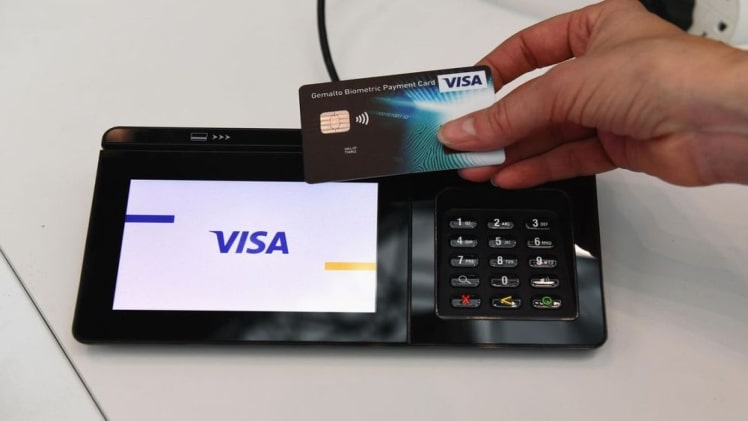Introduction
The rise of online shopping has led to an increase in the demand for xcvv stolen credit card information, giving birth to a new underground black market known as CVV shops. These online shops sell stolen credit card data and other personal information at affordable prices, making it easier for cybercriminals to commit fraud and engage in illegal activities.
In this article, we will explore the dark side of CVV shops by analysing one of the most popular ones – xcvv. We will take a closer look at how these shops operate, the risks associated with using them, and the measures that can be taken to protect yourself from becoming a victim of credit card fraud.
What are CVV Shops?
CVV shops are online marketplaces where stolen credit card information is sold. The information sold on these sites includes the credit card number, expiration date, CVV code, and other personal identification information. Some sites also offer full, which include additional personal information such as the cardholder’s name, address, and social security number.
These shops are able to obtain the information they sell through various means, including hacking into databases, phishing attacks, and skimming devices. Once they have the information, they list it for sale on their websites, often at very low prices.
Understanding xcvv
Xcvv is one of the most popular CVV shops on the internet, offering a wide range of stolen credit card information at affordable prices. It operates as a Tor hidden service, making it difficult for authorities to shut down the site or track down its operators.
One of the unique features of xcvv is that it offers a guarantee on its products. If a customer purchases credit card information that turns out to be invalid, they can request a replacement or a refund. This feature has helped to increase the trust in the site and attract more customers.
Despite the guarantees offered by xcvv, there are still risks associated with using the site. Customers may unknowingly purchase stolen credit card information that has already been reported as fraudulent, putting them at risk of being prosecuted for credit card fraud.
Additionally, using CVV shops like xcvv can lead to other forms of identity theft, as cybercriminals can use the personal information they obtain to open new accounts and commit other types of fraud.
Measures to Protect Yourself
To protect yourself from becoming a victim of credit card fraud or identity theft, there are several measures you can take:
Use strong passwords and two-factor authentication when logging into online accounts.
Monitor your credit report regularly to detect any suspicious activity.
Use a virtual private network (VPN) when accessing the internet to protect your online activities from prying eyes.
Avoid clicking on suspicious links or downloading attachments from unknown sources.
Only use reputable online retailers and payment processors when making purchases online.
Avoid using public Wi-Fi networks when accessing sensitive information.
Check your credit card statements regularly to detect any unauthorized purchases.
Conclusion
CVV shops like xcvv pose a significant threat to individuals and businesses alike. These underground marketplaces make it easier for cybercriminals to access and exploit sensitive personal information, leading to financial losses and other forms of identity theft.
While there are no fool proof ways to protect yourself from credit card fraud and identity theft, taking proactive measures such as using strong passwords, monitoring your credit report, and avoiding sketchy online retailers can significantly reduce your risk of falling victim to these crimes.
Ultimately, the best way to protect yourself is to stay informed and vigilant, keeping an eye out for any signs of suspicious activity and taking action immediately if you suspect that you have been the victim of a data breach or other form of cybercrime.

